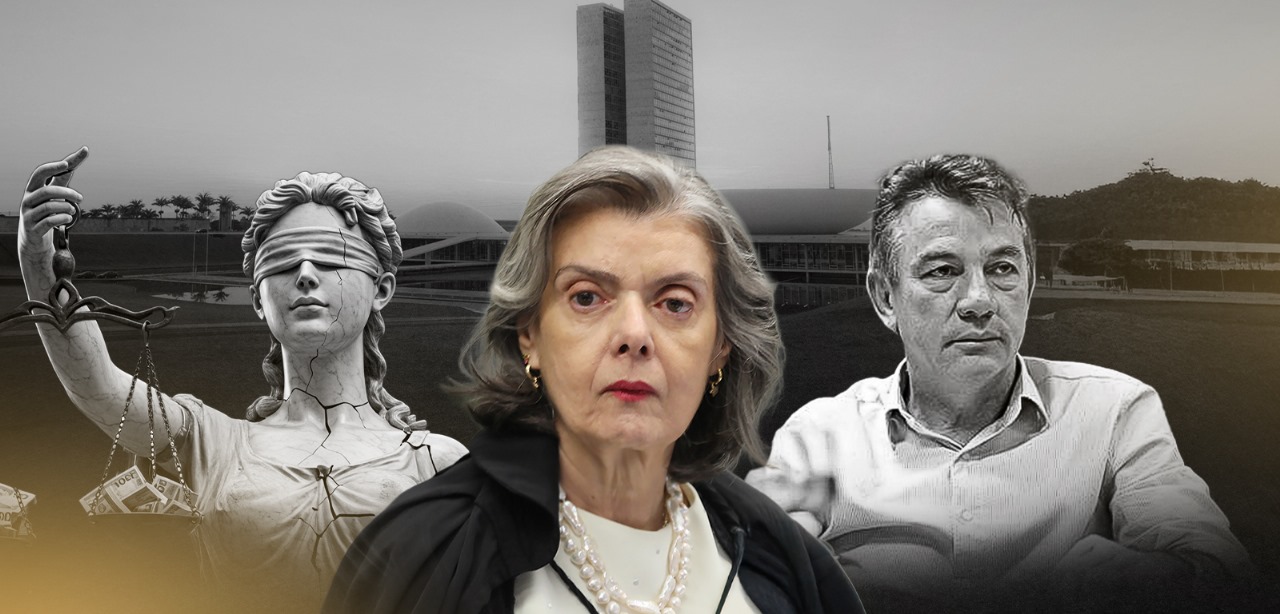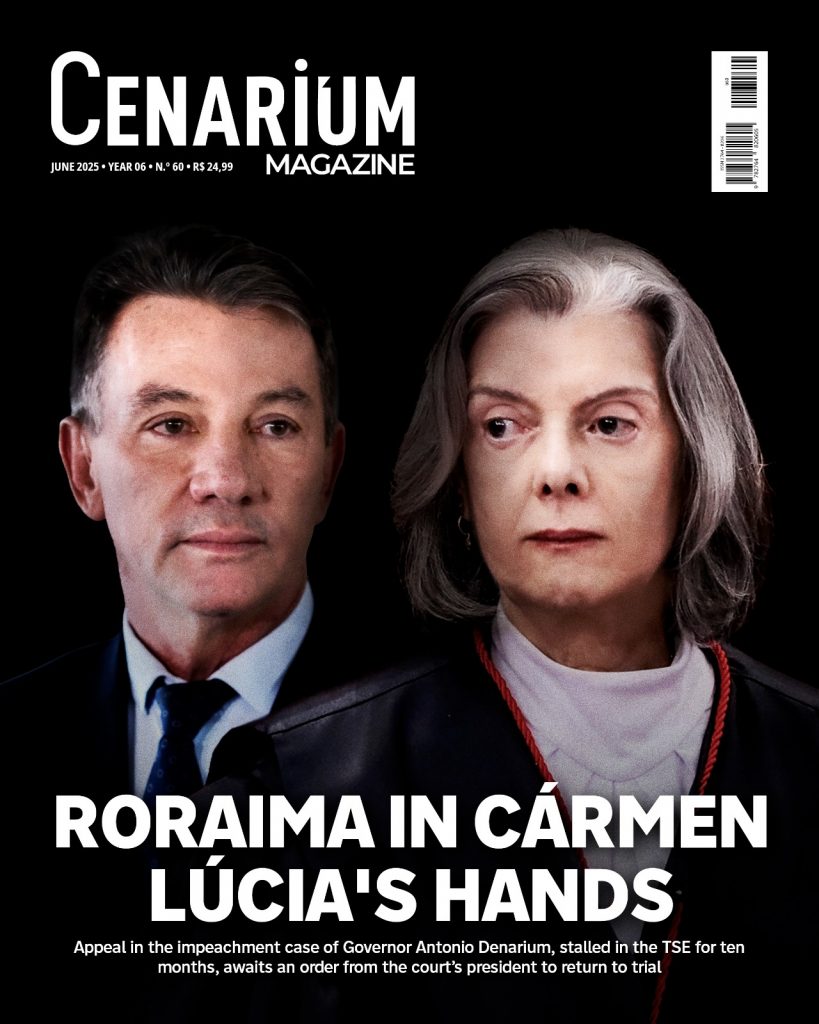EDITORIAL — When justice is delayed, injustice rules
23 de June de 2025

By Paula Litaiff – From Cenarium
At the end of the 19th century, Rui Barbosa warned: “Delayed justice is not justice; it is nothing but qualified and manifest injustice.” The warning, issued in another era, fits like a glove to the reality of Roraima under the government of Antonio Denarium. We are faced with a governor who has already been impeached four times, the author of an appeal whose trial has been suspended for ten months at the Superior Electoral Court (TSE), awaiting a decision from the president of the Court, Justice Cármen Lúcia.
The slowness in judging a case with such significant electoral and social implications puts at risk what Rui himself called the “fundamental guarantee of democratic order.” The Denarium case is not merely an episode of accusations. It has become a portrait of a state adrift, weighed down by investigations, scandals, and rights violations, especially against Indigenous peoples and all users of the SUS in Roraima. A governor who has already been accused of using social programs and public funds [such as the R$70 million distributed to political allies in an election year] should not remain in power while endlessly appealing to the courts.
By keeping the case shelved, the TSE fuels distrust. Ruy Barbosa himself said that the judge’s “moral firmness” was more important than any legal technicality. In this sense, the Court’s hesitation not only weakens its authority but exposes Roraima’s democracy to the mockery of those who manipulate it with populist methods and questionable practices.
There is a real Brazil that Rui already recognized, the one where justice does not reach the most vulnerable. In Roraima, we see it in every makeshift classroom in Indigenous communities, where children are deprived of the basics: a roof, books, teachers. We see it in the chaos of public health, in suspicious contracts, in Federal Police operations, in the governor’s statements comparing Indigenous people to “animals.” How can we expect justice to reach those who need it most if it does not even judge those at the top?
When Rui Barbosa wrote that “the worst dictatorship is that of the judiciary,” he did not do so out of contempt for the judiciary, but as a cry against the silence that, when it comes from the courts, silences more than any censorship. It is now in the hands of Justice Cármen Lúcia to decide whether the TSE’s silence will be complicit in omission or if it will have the courage to put an end to a delay that has already turned into mockery.
To judge is no longer a choice, it is a moral duty to the Constitution, to the electorate, and to the memory of the jurist who taught Brazil that justice is not about waiting, but about standing up with courage in the face of the injustice that silences the people of Roraima.
The subject was the cover story and a special report in the latest edition of CENARIUM MAGAZINE. Click here to read the full content.


